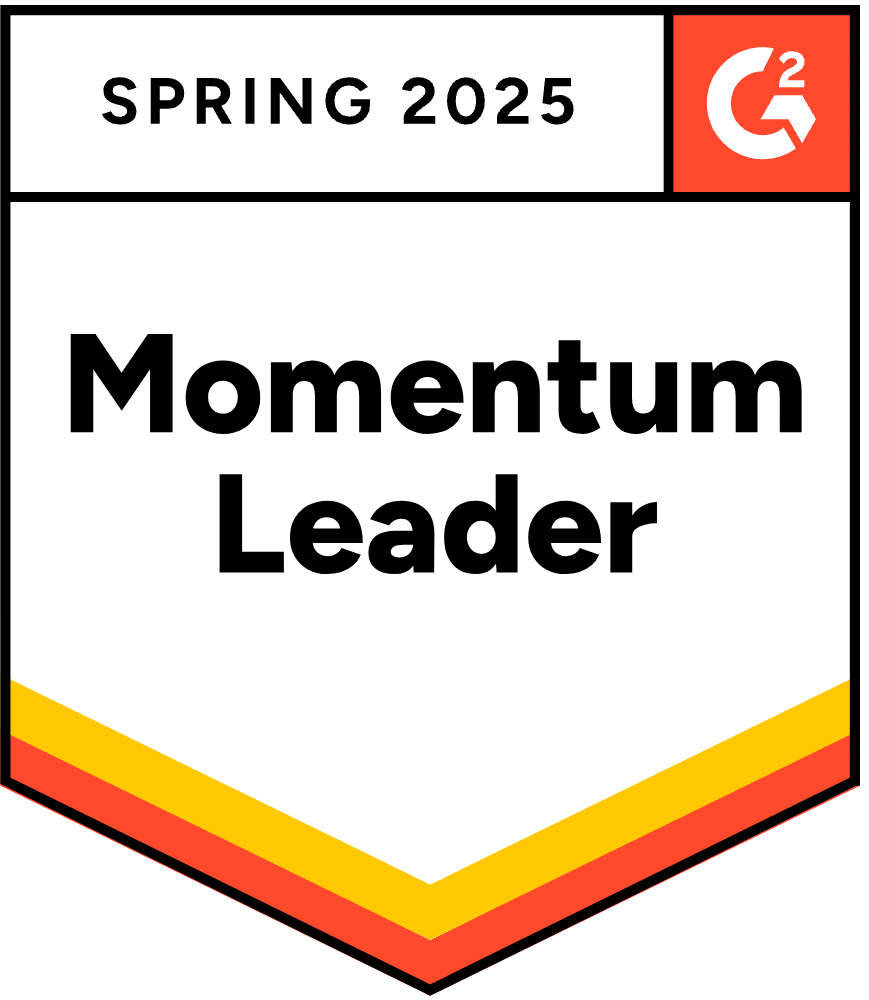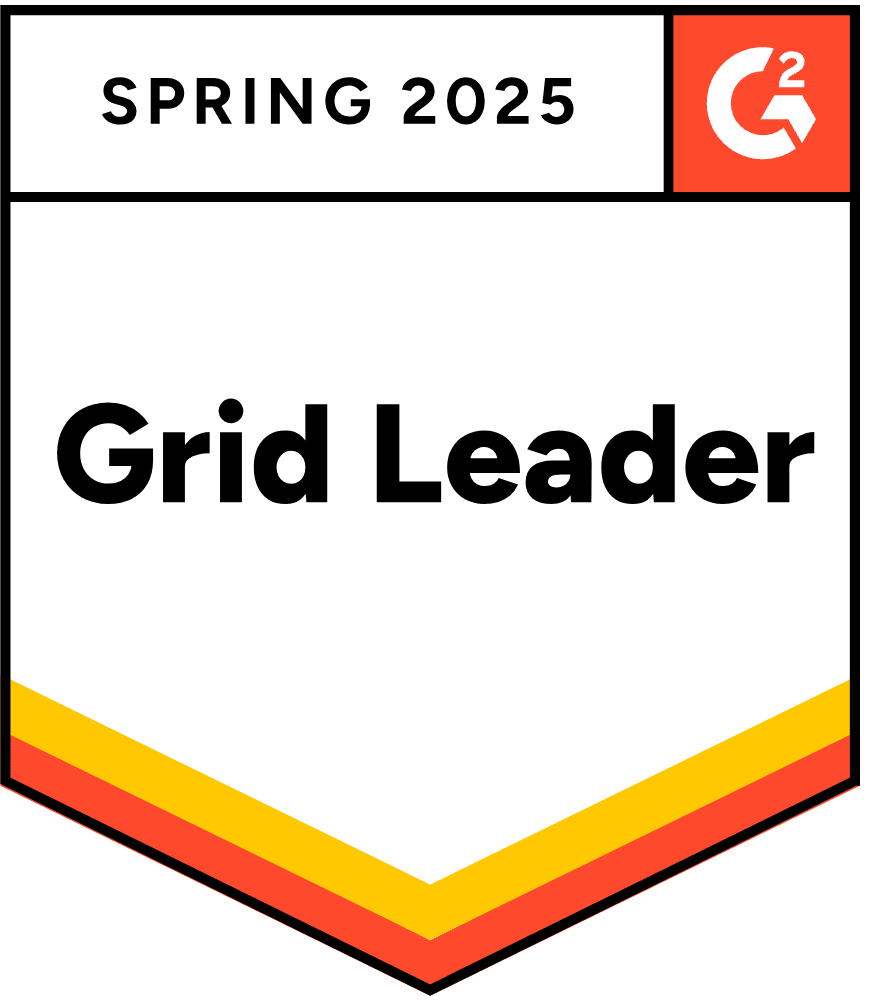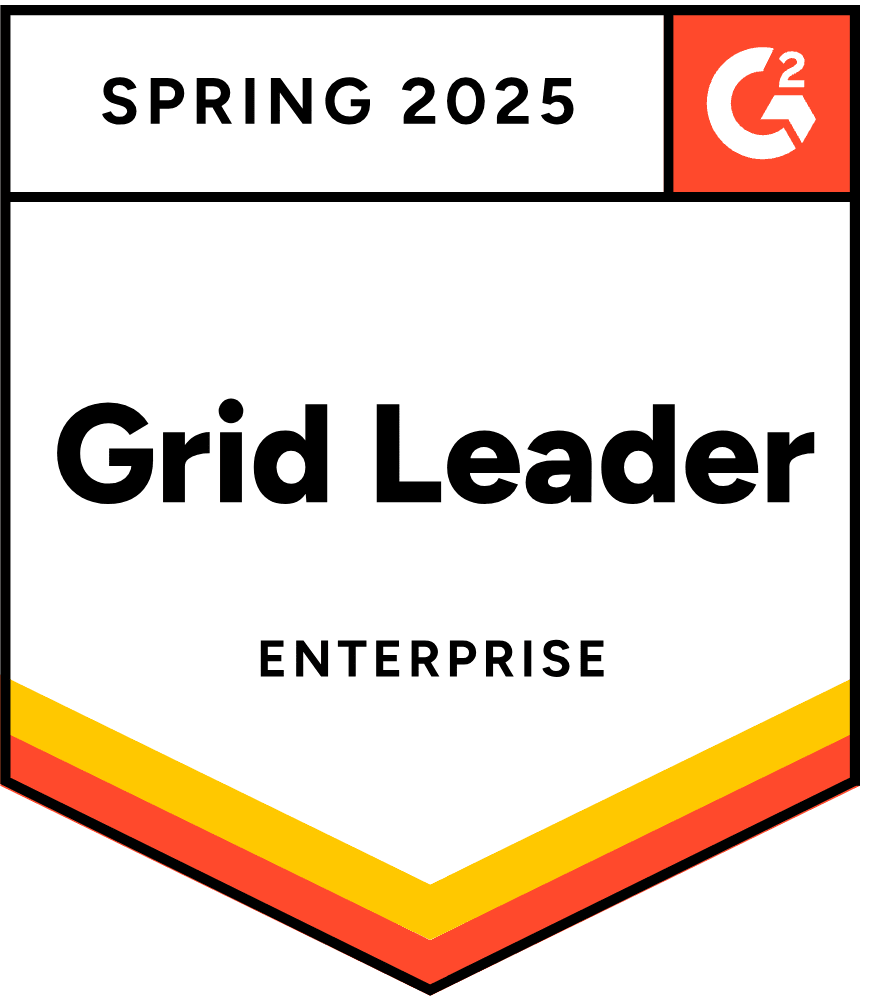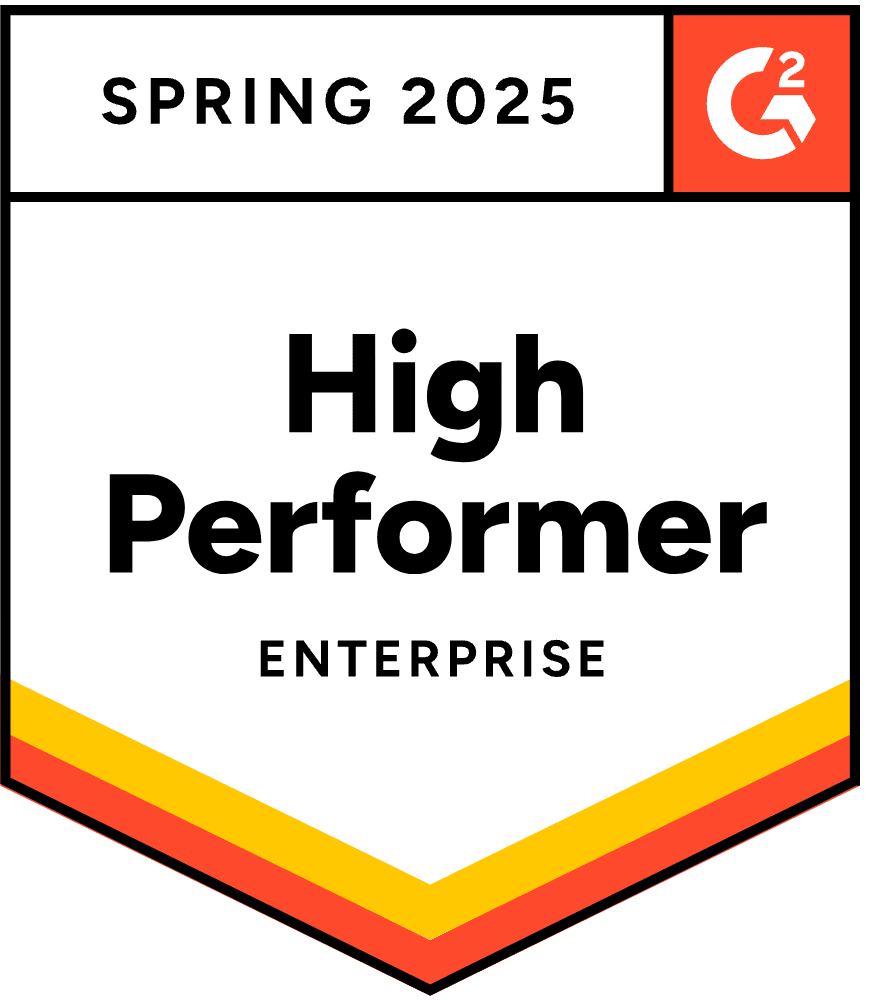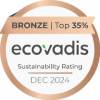Recruitment is a critical aspect of any organization’s success. It’s not just about filling positions; it’s about finding the right talent that aligns with the company’s culture and goals. This is where the recruitment marketing funnel comes into play.
Join us as we take a journey through the recruitment marketing funnel. At each step, we’ll get closer to finding the right person for your company.
Content:
- What Is a Recruitment Marketing Funnel?
- Why Is the Recruitment Marketing Funnel Important?
- Understanding the Recruitment Marketing Funnel Stages
- How to Effectively Design a Recruitment Marketing Funnel
- Pro Tips
- Conclusion
- FAQs
What Is a Recruitment Marketing Funnel?
A recruitment marketing funnel is a strategic framework that combines marketing principles and recruitment goals. It is intended to take potential candidates through an organized process, from the earliest step (creating awareness of a company’s job openings) to the final stage During this journey, the candidate pool is narrowed and refined, ensuring that the right people are engaged and chosen for roles within a business.
Why Is the Recruitment Marketing Funnel Important?
The recruitment marketing funnel holds significant importance due to its ability to streamline and optimize the recruitment process. Here are the key reasons why the recruitment marketing funnel is essential.
Efficient process
The recruiting funnel provides a structured and organized pathway for candidates, making the recruitment process efficient and well-coordinated. It ensures that each candidate goes through a standardized set of stages, enabling recruiters to manage their time and resources effectively.
Attract the right candidates
By strategically aligning marketing techniques with recruitment, the funnel attracts candidates who align with the company’s values, culture, and job requirements. It helps in reaching the target audience and engaging them effectively.
Explore MOJO Pro for targeted recruitment with AI-assisted job ads and achieve savings of 25% or more while attracting 33% or more qualified candidates.
Engagement and interaction
The funnel facilitates ongoing engagement with potential candidates at various stages. It encourages meaningful interactions, providing candidates with insights into the company, job roles, and expectations. This is where candidate experience really comes into play.
Sign up for MOJO Engage CRM and create a multi-channel engagement with your candidate database while saving 30% on job advertising and recruiting twice as fast.
Quality talent acquisition
As candidates progress through the funnel, recruiters can assess and evaluate them at different levels. This ensures that only the most suitable candidates, both in terms of skills and cultural fit, move forward in the recruitment process, ultimately leading to better hires.
Data-driven decision-making
The recruitment marketing funnel generates valuable data and metrics at each stage. Analyzing this data provides insights into candidate behavior, preferences, and the effectiveness of recruitment strategies. Recruiters can make data-driven decisions to improve the recruitment process continually.
Cost-effectiveness
By effectively targeting and engaging potential candidates, the recruitment marketing funnel optimizes costs associated with hiring. It helps allocate resources where they are most impactful and avoids unnecessary expenses on unqualified candidates.
Understanding the Recruitment Marketing Funnel Stages
The recruitment marketing funnel comprises several stages, each crucial in guiding potential candidates from initial awareness to becoming a hired employee.
Let’s delve into each stage:
Awareness
This is the first stage, where potential candidates become aware of your company and available job opportunities. Capture the attention of a broad audience and introduce them to your brand and job offerings. Utilize social media, job portals, career fairs, and advertising to create awareness.
Consideration
In this stage, candidates consider your organization a potential employer. Provide detailed information about your company culture, values, and available roles to attract and retain interest. Showcase employee testimonials, share insights into daily work life, and highlight growth opportunities.
Interest
Candidates at this stage express genuine interest in working for your company. Deepen their engagement and encourage them to sign up for newsletters, follow on social media, or attend webinars. Share engaging content, and organize online events to maintain their interest.
Application
At this crucial stage, candidates submit their applications for specific job openings. Capture essential candidate data and information to evaluate their suitability for the roles. Employ a user-friendly online application process and communicate clearly about job requirements.
Evaluation
Next, recruiters and hiring managers evaluate the submitted applications and resumes. Shortlist candidates based on their qualifications, experience, and alignment with job requirements. Implement an organized system to review applications and track candidate progress efficiently.
Interviewing
Shortlisted candidates move to the interview stage, where further evaluation occurs. Assess candidates’ skills, cultural fit, and enthusiasm for the role through interviews and assessments. Conduct structured interviews and practical assessments, either in person or virtually.
Hiring
This final stage involves selecting the best candidate and extending a job offer. Successfully onboard the chosen candidate into the organization. Clearly communicate the offer, benefits, and expectations to ensure a smooth transition into the company.
Conversion rates
Maintaining a healthy conversion rate at each stage of the recruitment marketing funnel is essential.
Here’s a hypothetical example of a healthy conversion rate for each stage:
Awareness to consideration
50% of the audience who became aware of the job opportunities move on to consider the company as a potential employer.
Consideration to interest
30% of those considering the company show genuine interest and engage further.
Interest to application
20% of those interested submit an application for a specific job.
Application to Evaluation
50% of the applicants meet the criteria and move on to the evaluation stage.
Evaluation to Interviewing
30% of the evaluated candidates are selected for an interview.
Interviewing to Hiring
25% of the interviewed candidates receive a job offer and successfully join the organization.
These conversion rates can be used as benchmarks, but it’s important to continuously analyze and optimize them based on the specific needs and circumstances of your organization.
Make sure you’re using the right tools and tactics to advertise your jobs in today’s competitive market.
Get Your Hands on the Ultimate Recruitment Advertising Playbook!
How to Effectively Design a Recruitment Marketing Funnel
Designing an effective recruitment marketing funnel involves strategic planning and execution to attract and engage the right candidates. Here are the key steps to create an efficient recruitment marketing funnel.
Understand your audience
Identify Target candidates: Define the specific demographics, job roles, and skills your organization targets.
Tailor strategies: Customize your marketing messages and channels to appeal to the identified target audience.
Craft engaging content
Create relevant content: Develop content that resonates with potential candidates at each stage of the funnel. This content should offer value and insights into your organization.
Utilize different formats: Use a variety of content formats such as blog posts, videos, webinars, and infographics to engage candidates effectively.
Utilize multiple channels
Diversify marketing channels: Employ a mix of online and offline channels like social media, job boards, career fairs, email campaigns, and industry events to reach a broader audience.
Optimize SEO: Ensure your content is optimized for search engines to increase visibility and attract organic traffic.
Automate and streamline
Implement automation tools: Use recruitment software and marketing automation tools to streamline processes such as candidate tracking, email campaigns, and analytics.
Personalize communication: Leverage automation to personalize communication with candidates, making them feel valued and engaged.
Analyze and refine
Track and analyze data: Monitor the performance of your recruitment marketing efforts using analytics. Track recruiting funnel metrics such as website visits, application rates, and conversion rates at each funnel stage.
Optimize based on data: Analyze the data to identify areas for improvement and refine your strategies to enhance the recruitment funnel’s effectiveness continually.
Proactive engagement and nurturing
Continuous communication: Maintain regular and meaningful communication with potential candidates to keep them engaged and interested in your organization.
Email campaigns: Implement targeted email campaigns to update candidates on job openings, company news, and industry trends.
Customize the funnel for each job role
Tailored approach: Customize the recruitment funnel for different job roles based on the specific skills, experience, and characteristics required for each position.
Personalize content: Craft content and messages that align with the unique demands of each job role to attract the most suitable candidates.
Pro Tips
Here are some pro tips to help you optimize your recruitment marketing funnel and maximize its effectiveness.
Leverage social media advertising
Utilize targeted advertising on platforms like Facebook, LinkedIn, and Instagram to reach a specific audience based on demographics, interests, and job-related information.
Implement employee referral programs
Encourage your current employees to refer potential candidates. Offer incentives or rewards to employees whose referrals result in successful hires.
Personalize communication
Tailor your communication with candidates based on their preferences and interactions. Personalization enhances engagement and fosters a positive candidate experience.
Optimize for mobile devices
Ensure that your recruitment funnel and associated content are mobile-friendly. Many candidates use mobile devices for job searches, and a seamless mobile experience is crucial.
Utilize chatbots for initial interaction
Integrate chatbots into your website or communication platforms to promptly handle initial candidate inquiries. Chatbots can provide instant responses and guide candidates through the early stages of the funnel.
Offer value-driven content
Create content that showcases your company’s values, work culture, and employee success stories. Demonstrate how candidates can grow and thrive within your organization.
Provide clear calls to action (CTAs)
Incorporate clear and compelling CTAs at each recruitment marketing funnel stage to guide candidates to the next step. CTAs should encourage actions like applying for a job, subscribing to newsletters, or attending events.
A/B test landing pages and emails
Conduct A/B testing on landing pages and email campaigns to determine what content, design, or CTA resonates best with your audience. Use the insights to optimize your recruitment funnel.
Engage in community partnerships
Partner with educational institutions, professional organizations, or industry groups to tap into a talent pool aligned with your requirements. Sponsor events or workshops to enhance visibility.
Measure and optimize conversion rates
Continuously analyze the conversion rates at each stage of the recruitment funnel. Identify bottlenecks and areas for improvement to optimize the funnel for better results.
Conclusion
In conclusion, the recruitment marketing funnel is a powerful tool for modern organizations aiming to streamline their hiring processes and secure the best talent. By merging marketing principles with recruitment strategies, this structured approach guides candidates from the initial stages of awareness to the ultimate goal of hiring.
Each stage of the funnel is crucial in narrowing down the candidate pool and ensuring a perfect fit for the organization.
- The journey starts with generating awareness about the organization and job opportunities, progresses through nurturing interest and evaluating applications, and culminates in selecting the most suitable candidates.
- Engaging content, targeted communication, and seamless interactions create a positive candidate experience throughout this process.
- Understanding the target audience and tailoring strategies accordingly is fundamental to designing an effective recruitment marketing funnel.
- Crafted content, strategic channel utilization, automation, and data-driven optimizations further elevate the funnel’s efficiency.
- Pro tips, like leveraging social media, optimizing for mobile, and utilizing chatbots, provide an edge in engaging candidates and encourage their progression through the funnel.
- Constant analysis and refinement are essential for an efficient recruitment marketing funnel.
- By gauging performance metrics, identifying areas for enhancement, and incorporating insights into the recruitment strategy, organizations can continuously optimize the funnel for better outcomes.
In a job market that is always changing, keeping up with these methods and trends will help you with a well-designed and optimized recruitment marketing funnel in a way that will bring in good candidates and help your team grow.
This is where Joveo comes in to get your job ads in front of the right people – at the right place and time, for the right price! With our AI-driven approach and campaign automation, you can spend with precision on sources that deliver.
Discover the power of our game-changing, end-to-end talent-sourcing platform.
See us in action to boost your company’s productivity. Follow us on Twitter and LinkedIn for more hiring insights!
FAQs
What is the recruitment marketing funnel?
The recruitment marketing funnel is a framework that aligns marketing and recruitment efforts, guiding potential candidates through various stages, ultimately leading to the best fit for the job. It’s like a journey, starting with creating awareness about job opportunities and the organization and gradually narrowing down to the ideal candidates for specific roles.
What are the steps in the recruitment funnel?
The recruitment funnel consists of the following stages: awareness, consideration, interest, application, evaluating, interviewing, and hiring. At each stage, the candidate pool gets refined, and the focus narrows down, ensuring that the candidates progressing through the hiring funnel are more closely aligned with the job requirements.
What are the top recruiting methods?
The top recruiting methods include job postings, employee referrals, social media recruiting, and recruitment agencies. Job postings are traditional yet effective, employee referrals tap into existing networks, social media recruiting leverages platforms for a broader reach, and recruitment agencies specialize in finding and matching candidates for specific roles.
What is funnel analysis in recruitment?
Funnel analysis in recruitment involves analyzing the conversion rates at each stage of the recruitment marketing funnel. It’s about understanding how many candidates move from one stage to another and identifying any bottlenecks or areas where candidates drop off. This analysis helps in optimizing the recruitment process for better efficiency.
What is the top of the funnel in recruiting?
In recruiting, the top of the funnel refers to the initial stages of candidate engagement. It’s where awareness about job opportunities and the organization is created. The focus here is on attracting a broad audience and generating interest among potential candidates to consider working for the organization. This is the starting point of the recruitment journey.



